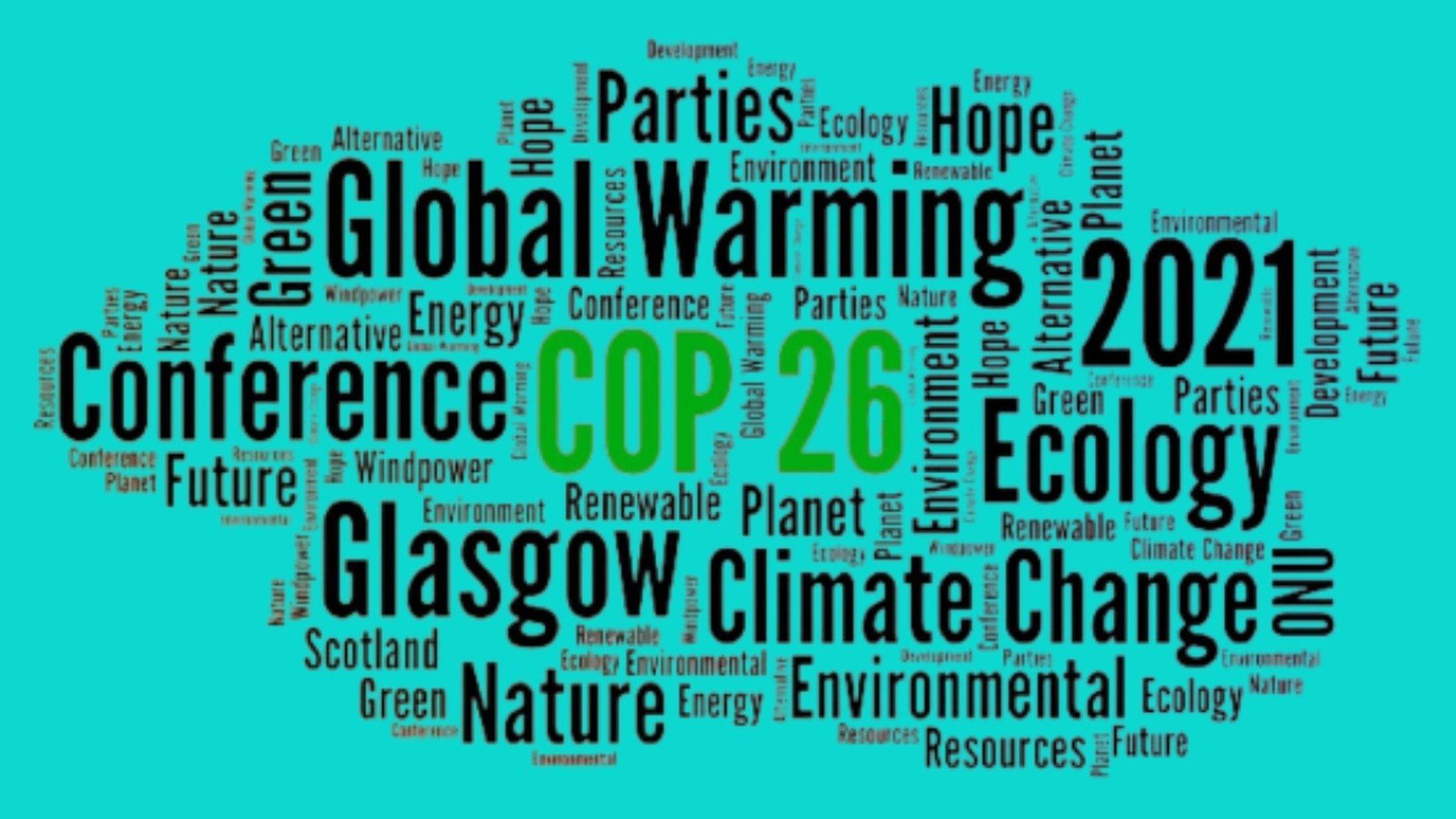Brazil: Amazon rainforest deforestation at record high
- Published
- comments
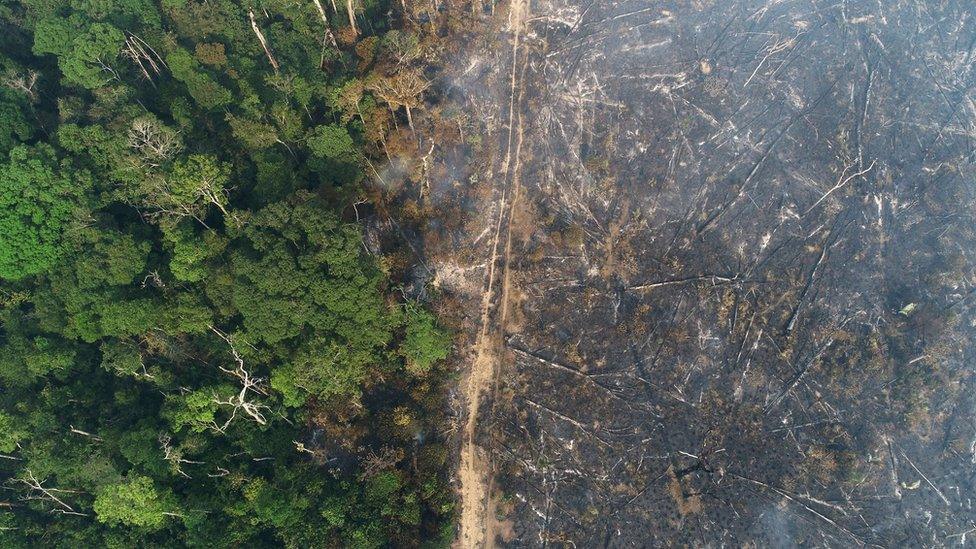
Deforestation in Brazil's Amazon rainforest has hit its highest level in over 15 years, official data shows.
A report by the South American country's space research agency (Inpe) found that the clearance of forest had increased by 22% in a year.
Deforestation is when trees are pulled down for materials, or to make space for farming or houses.
Brazil was one of the countries that promised to end and reverse deforestation by 2030 at the COP26 climate summit.
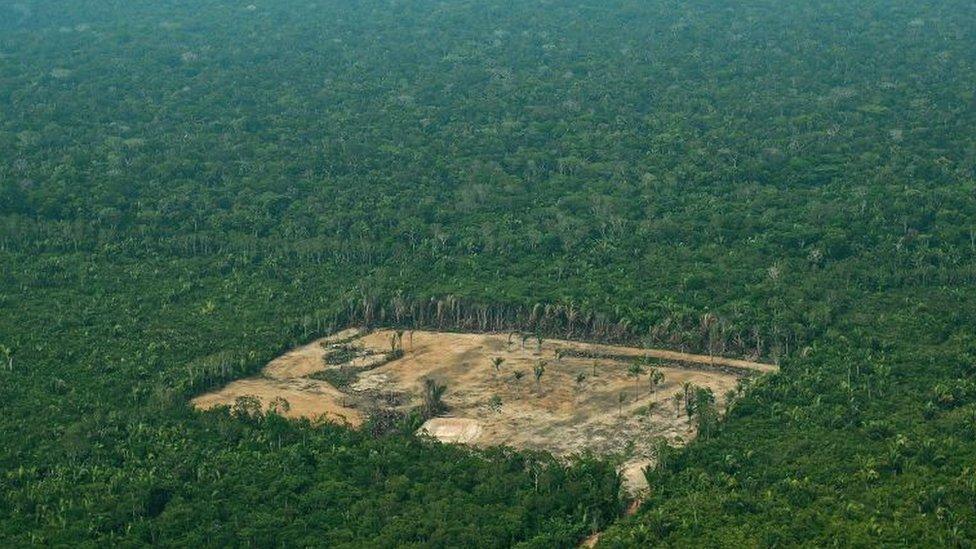
An aerial view of some forest which has been cleared in the Amazon rainforest
According to the latest data, some 5110 sq miles (13,235 sq km) - an area the size of about 1,600,000 football pitches - was lost during the 2020-21 period. The highest amount since 2006.
Deforestation of the Amazon has increased under President Jair Bolsonaro who has encouraged agriculture and mining activities in the rainforest.
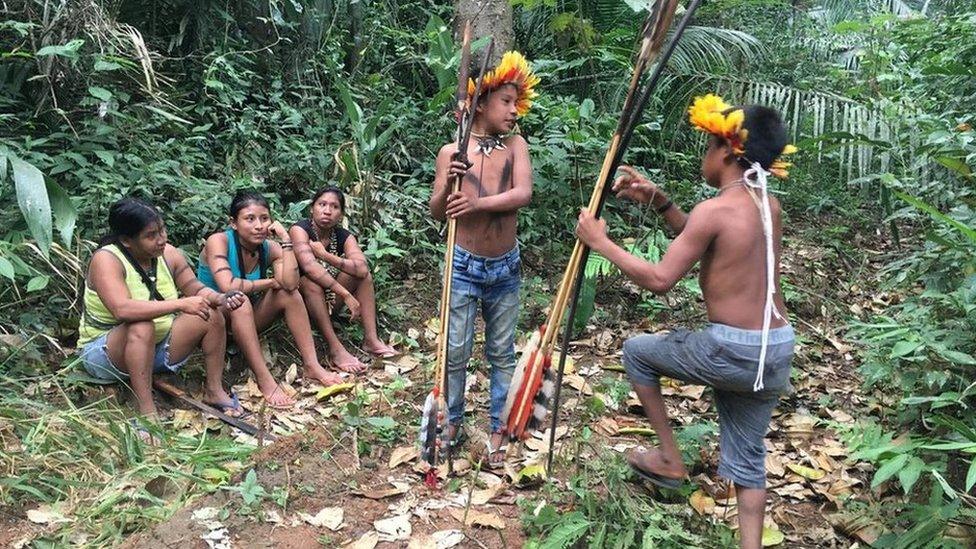
One million indigenous people live in the forest
Why is deforestation so harmful?
The Amazon is the world's largest tropical rainforest with the majority of it situated in Brazil, South America. It houses around three million species of plants and animals, and one million indigenous people.
Trees and plants take in carbon dioxide and release oxygen. When they're cut down, burned or left to rot, the carbon dioxide they store is released into the air and this contributes to something called global warming.
This happens when greenhouse gases trap heat from the Sun, causing the Earth's surface to get hotter.
Rainforests absorb carbon dioxide and are seen as one of the best tools against climate change.
When forests are cleared or burnt, stored carbon is released into the atmosphere, mainly as carbon dioxide.
Meet Txai - the environment activist from Brazil
What promises were made on deforestation at COP26?
At November's climate conference in Glasgow, Brazil was among a number of nations who signed a major deal to end and reverse deforestation.
The pledge included almost £14bn ($19.2bn) of public and private funds. Some of that will go to developing countries to restore damaged land, tackle wildfires and support indigenous communities.
The world leaders who signed the agreement represent 85% of the Earth's forests.
Other countries that agreed to the pledge included Russia, Canada, Colombia, China, Indonesia and the Democratic Republic of the Congo.
- Published14 January 2021
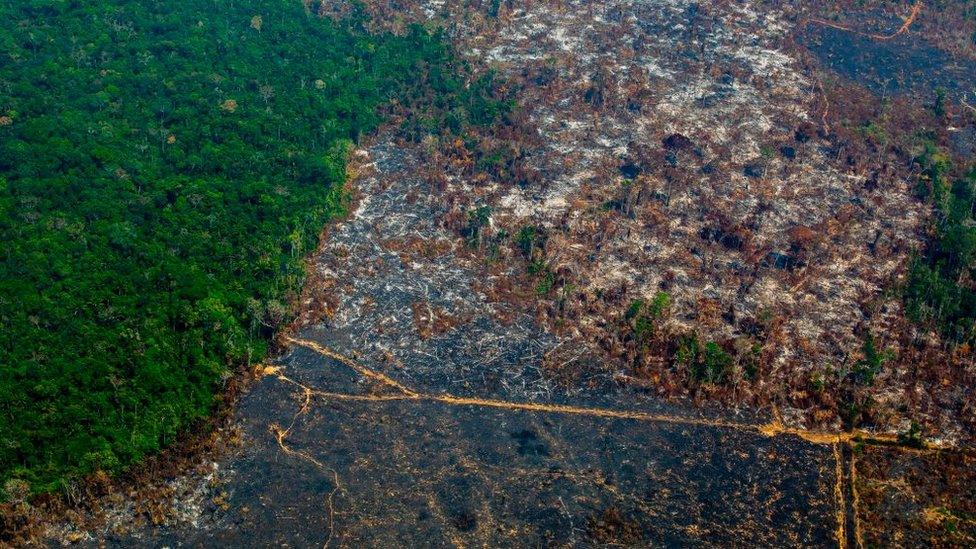
- Published9 November 2021
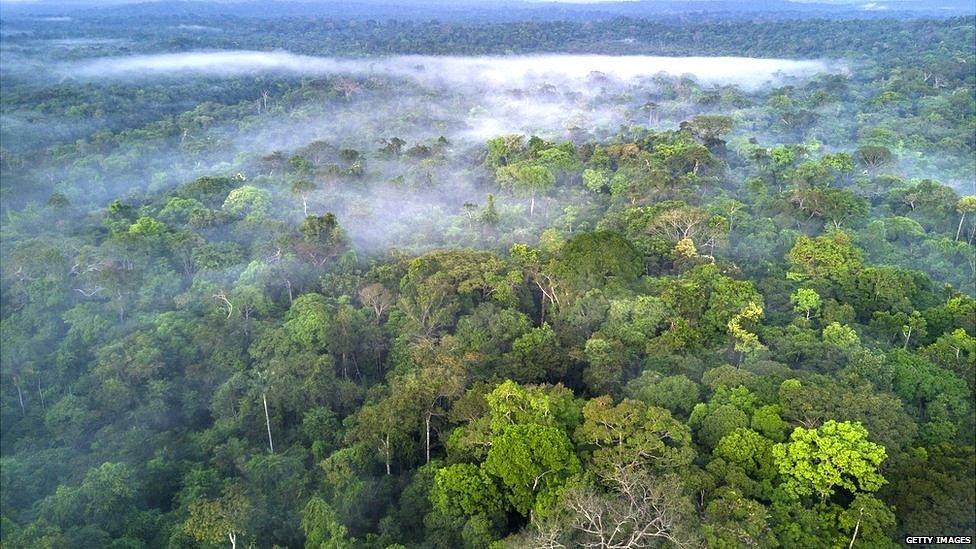
- Published1 November 2021
